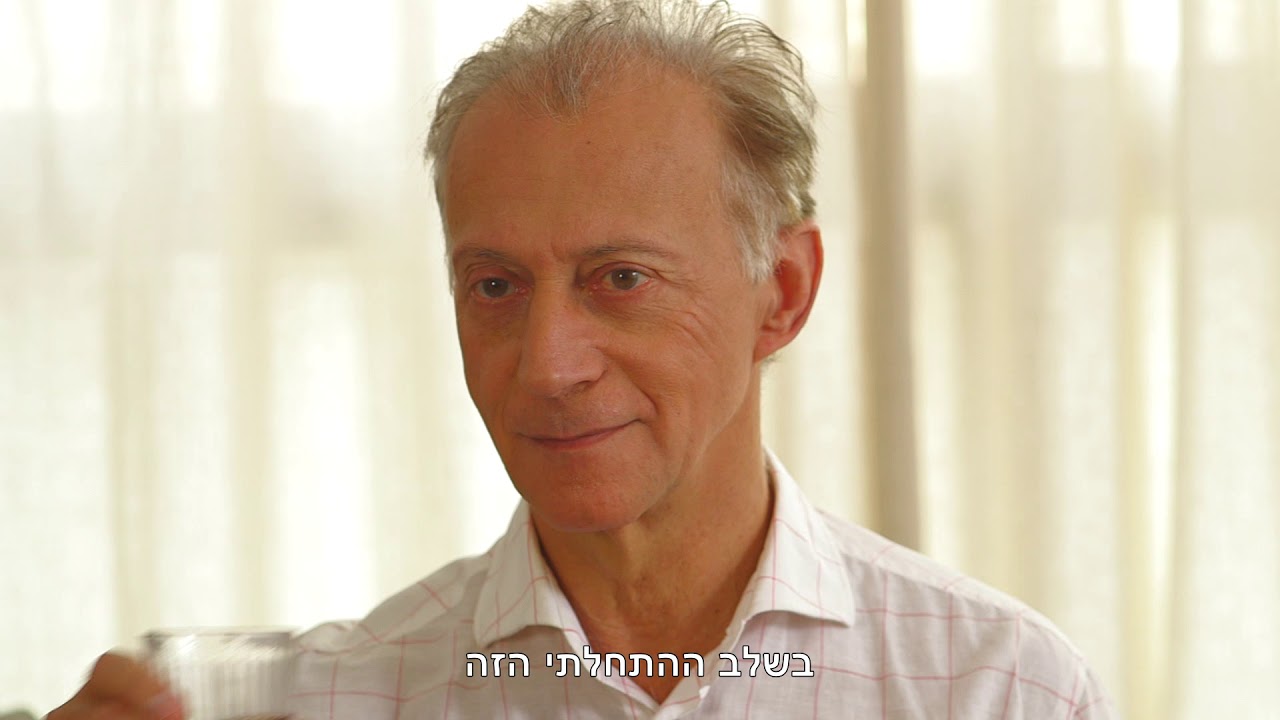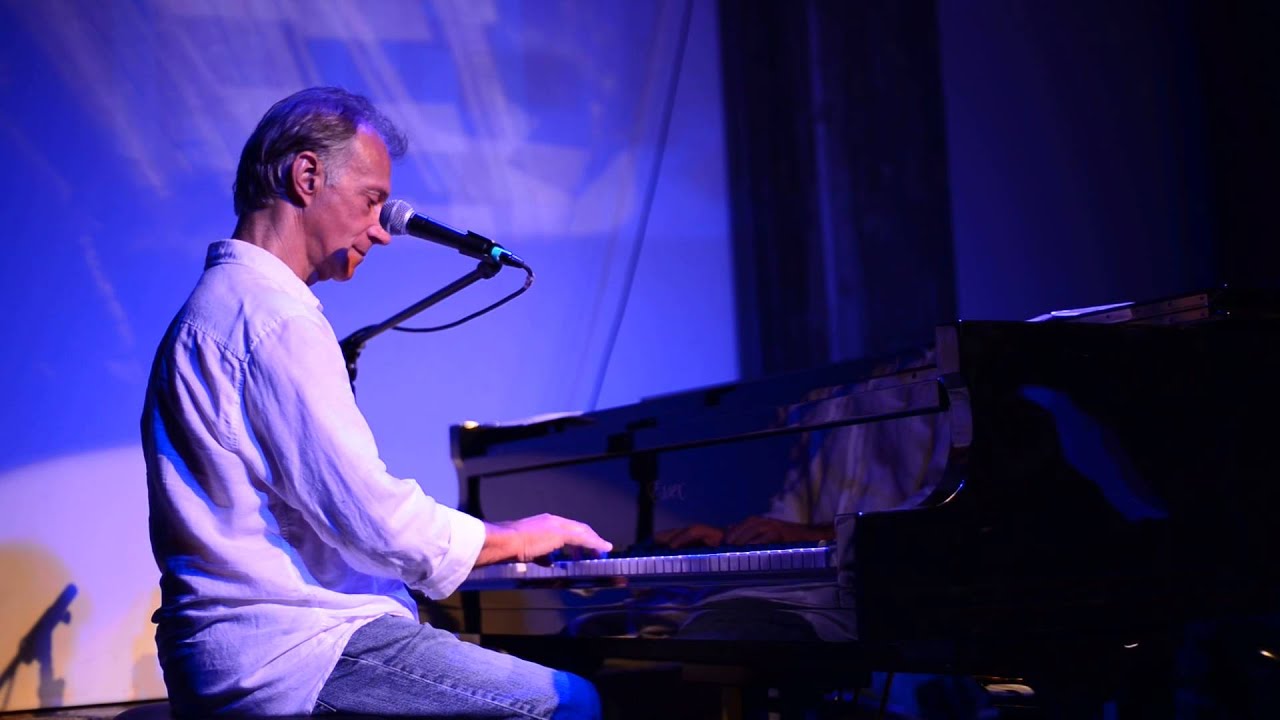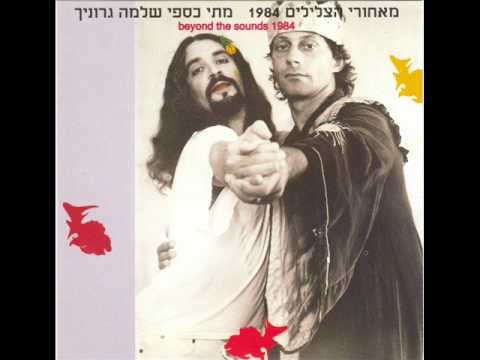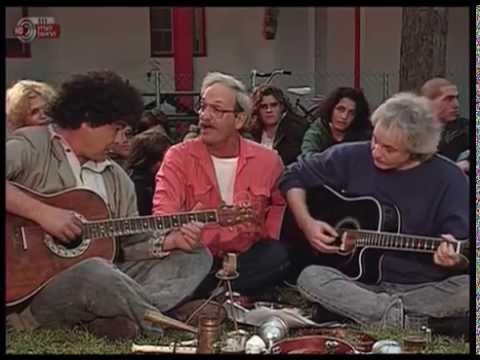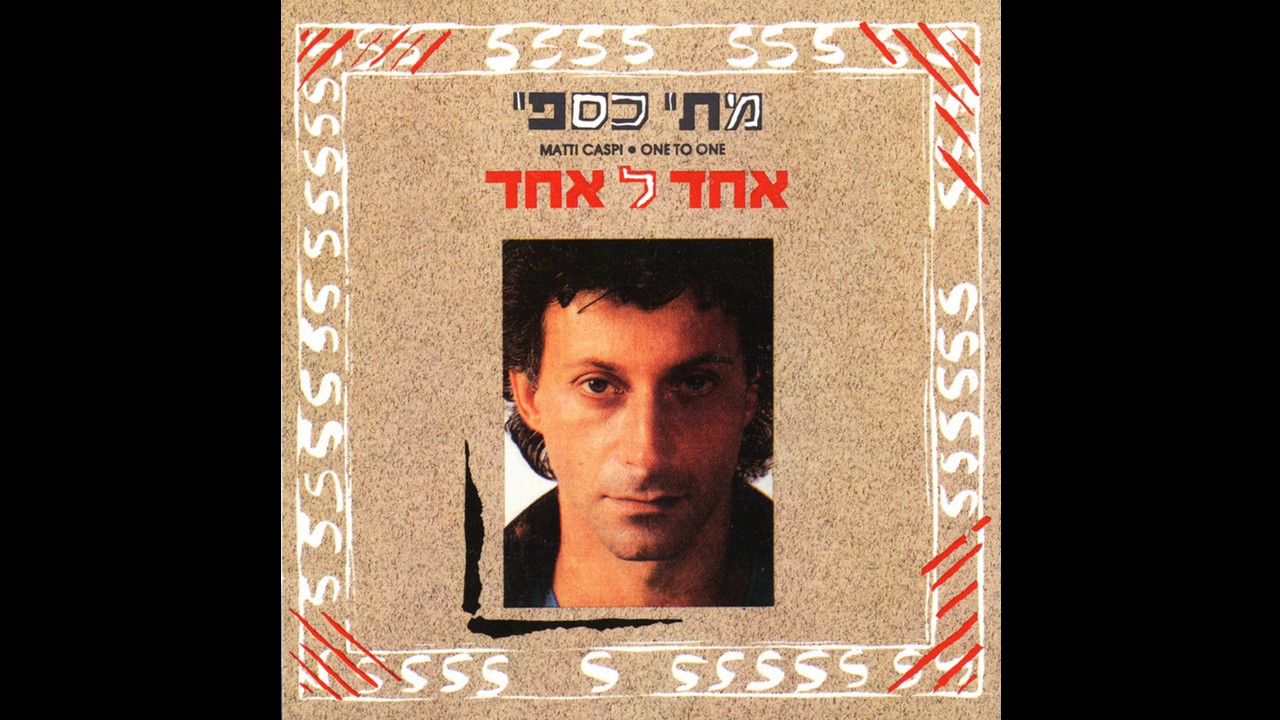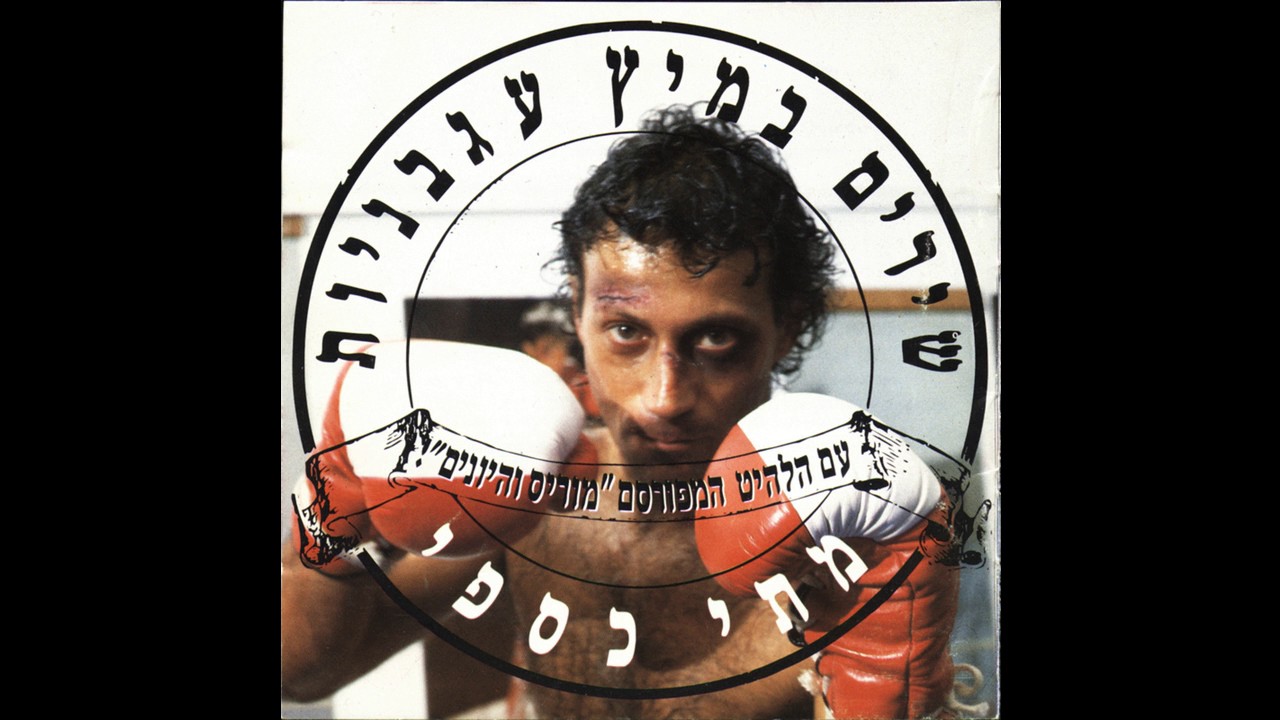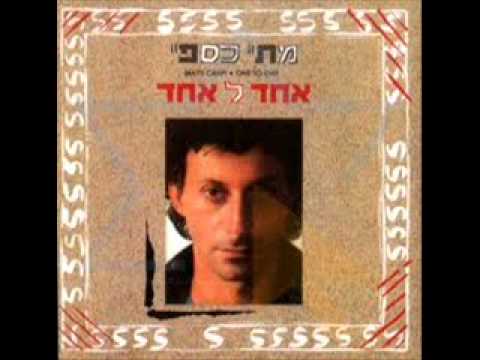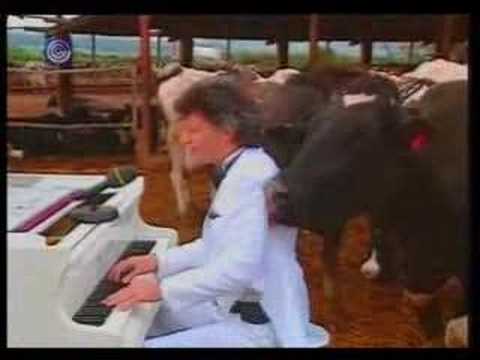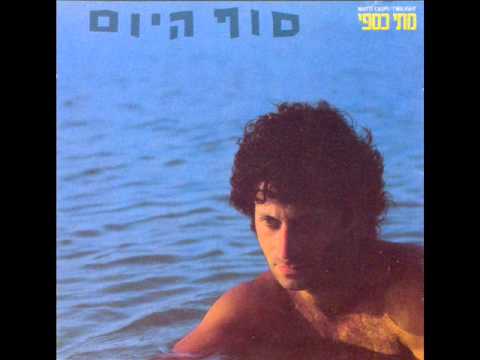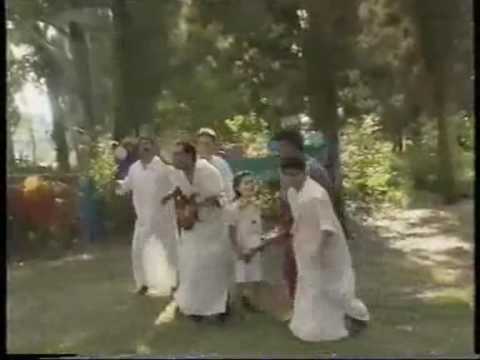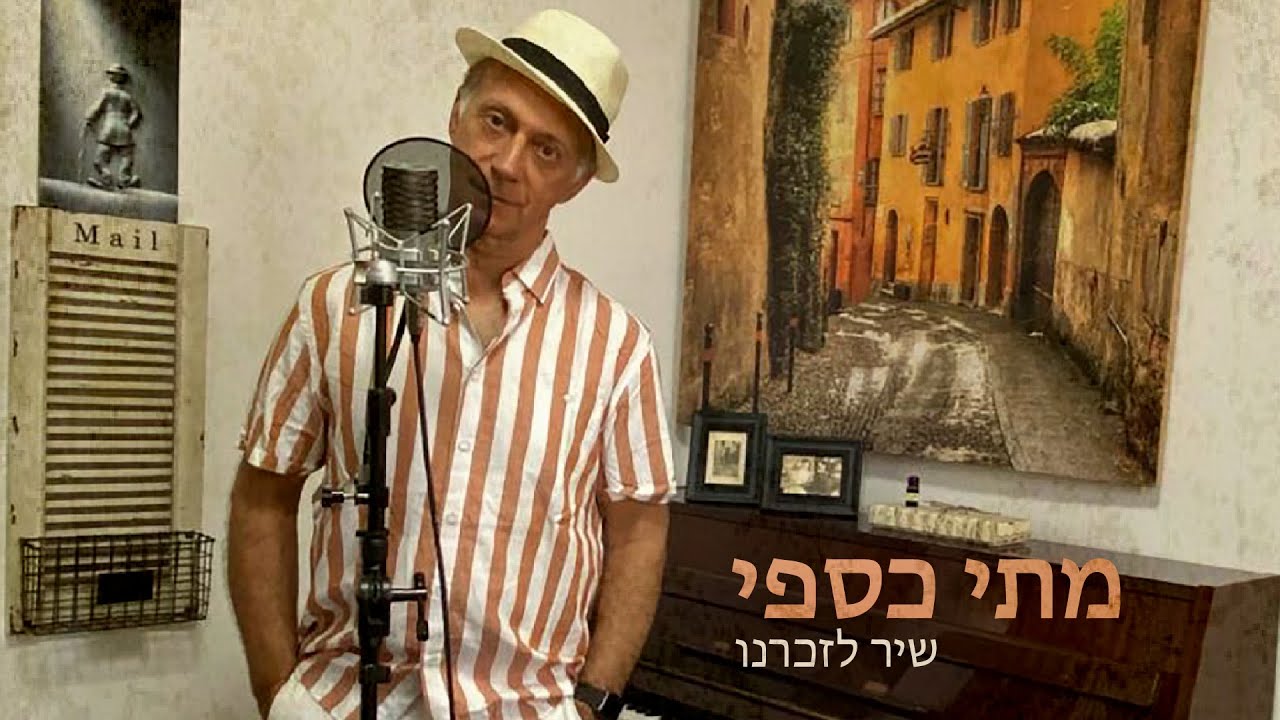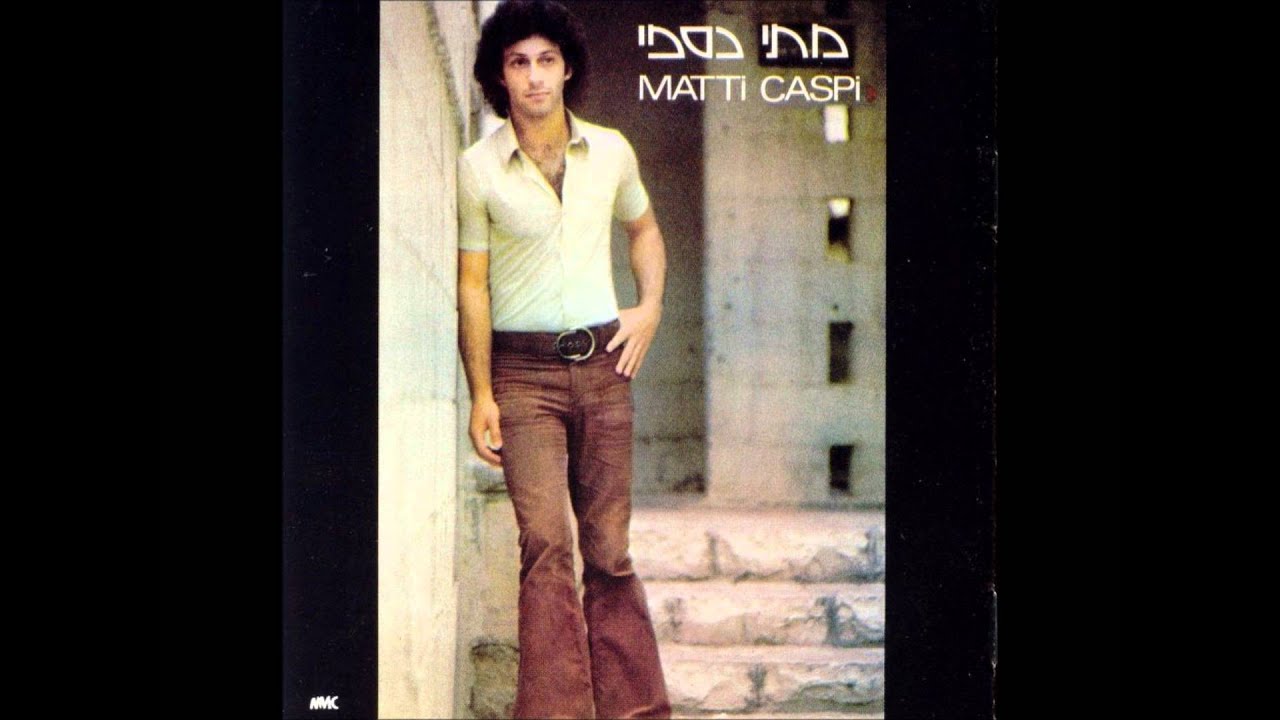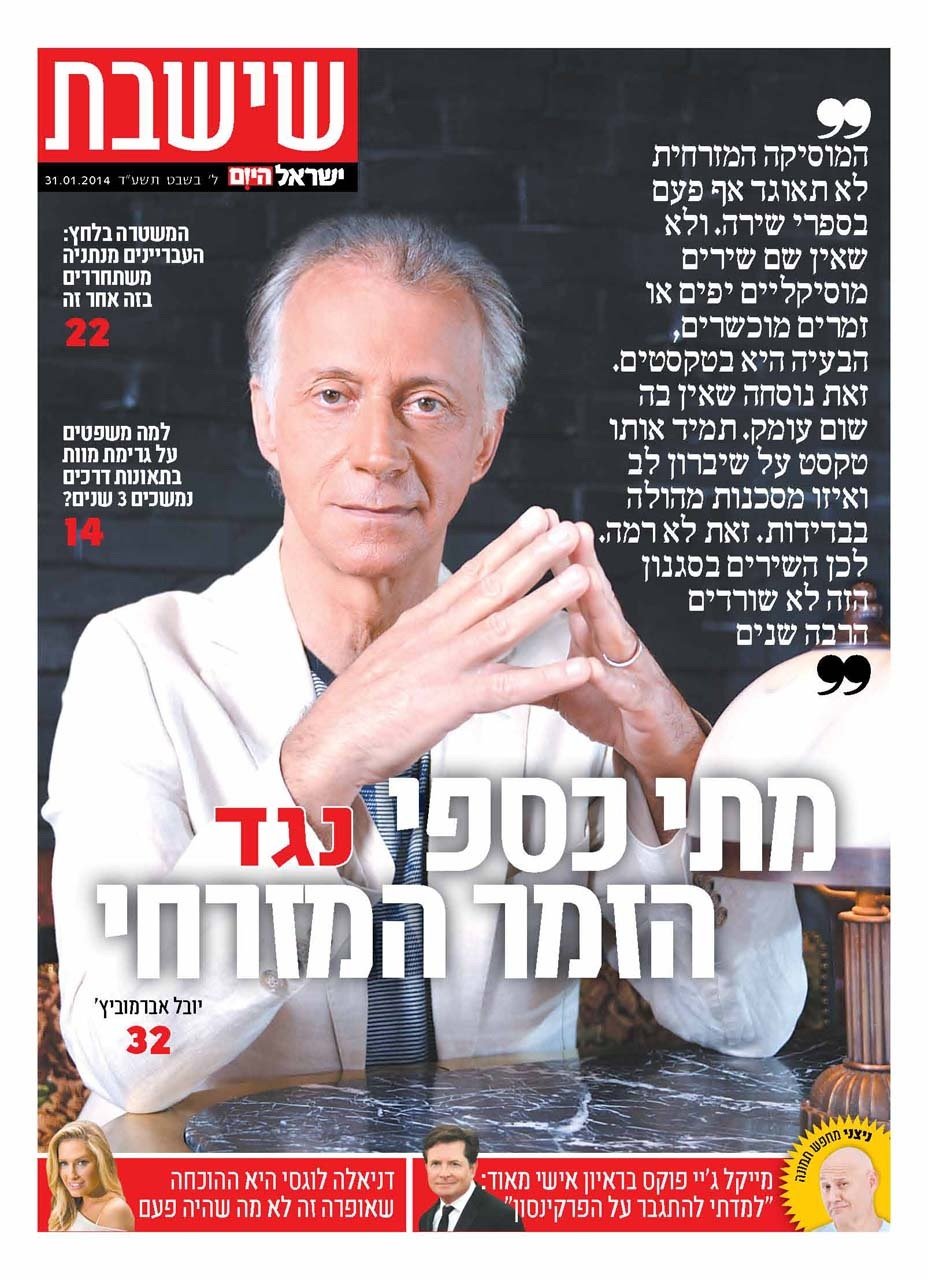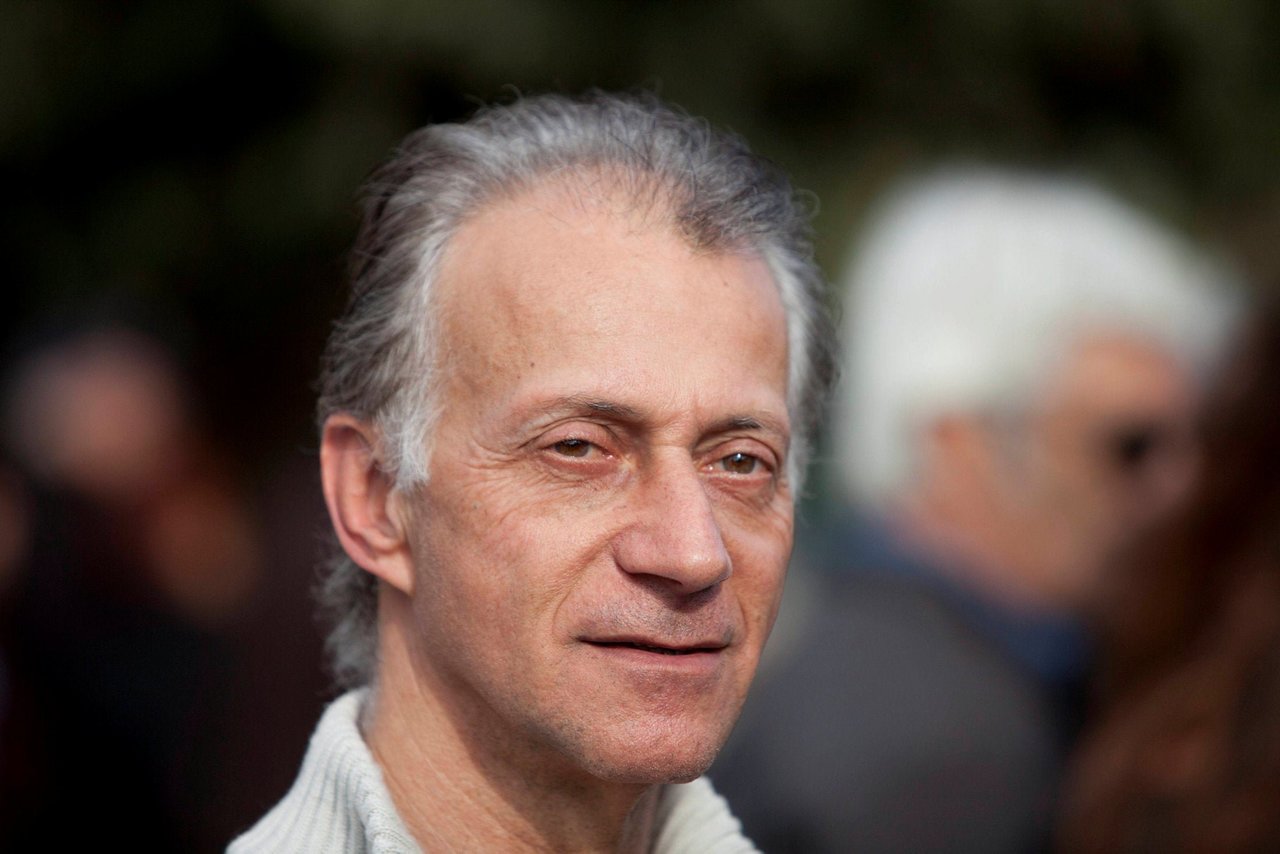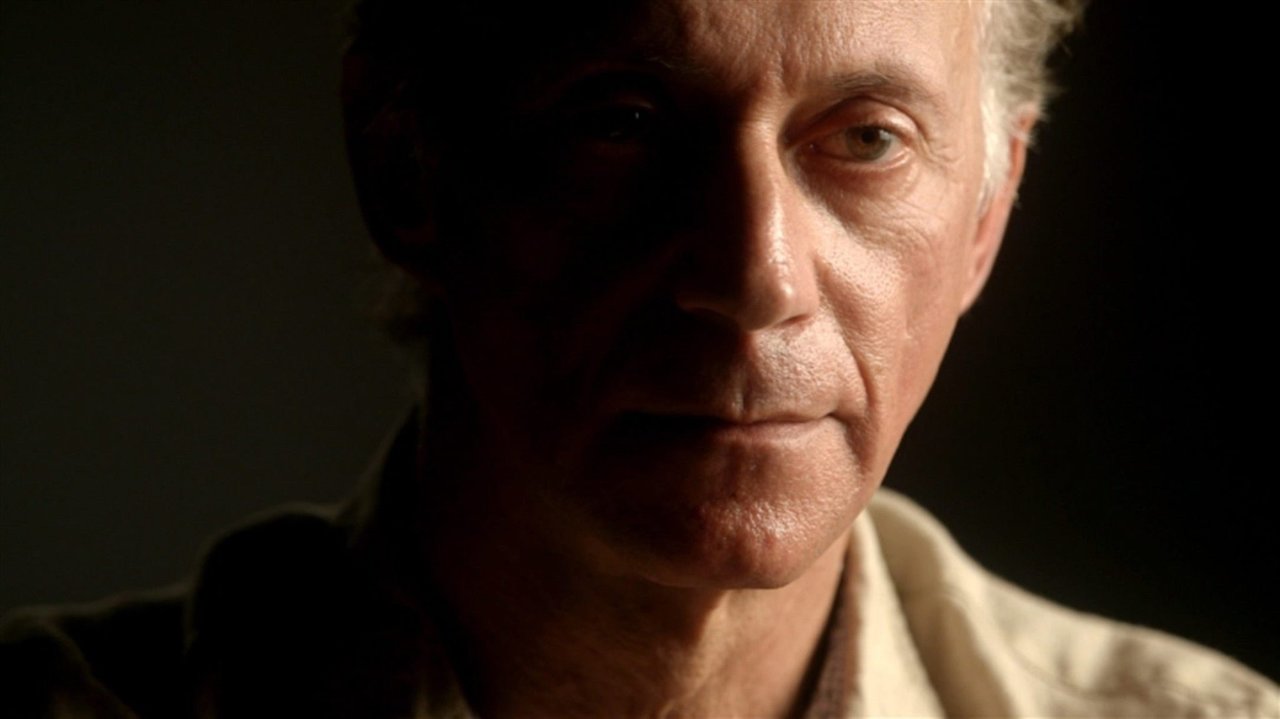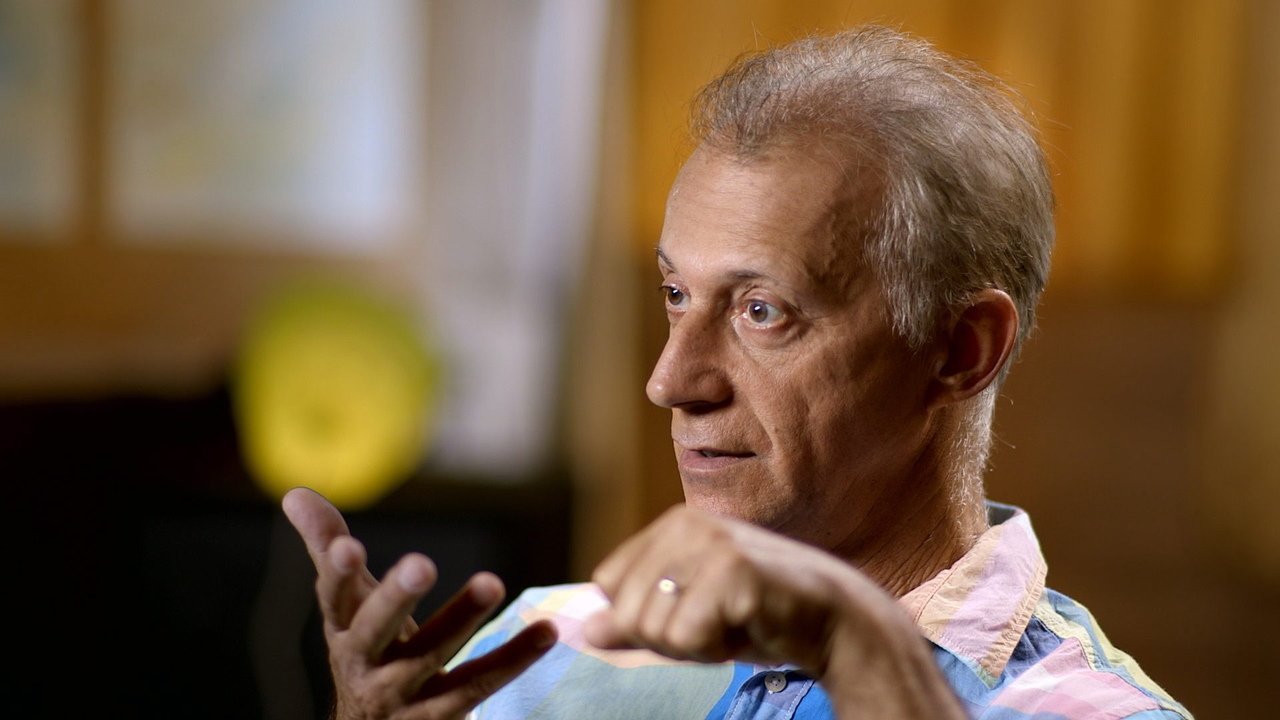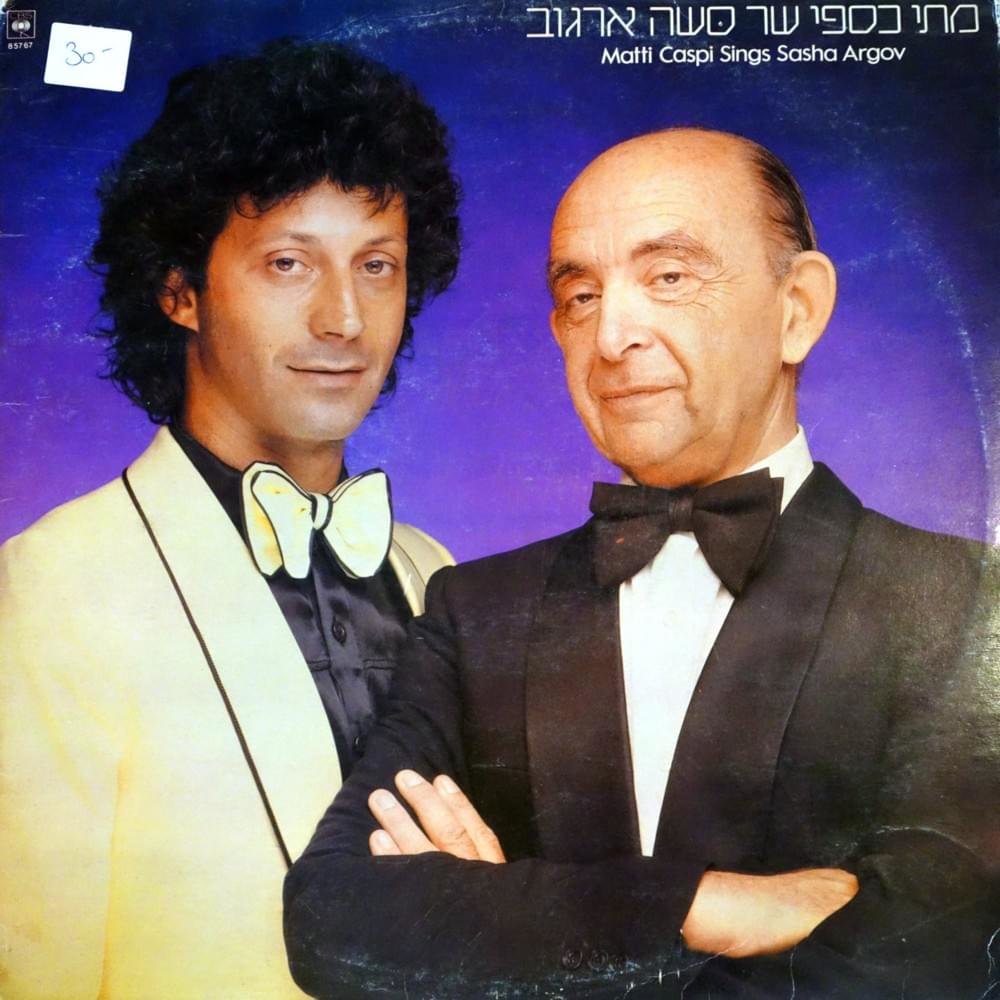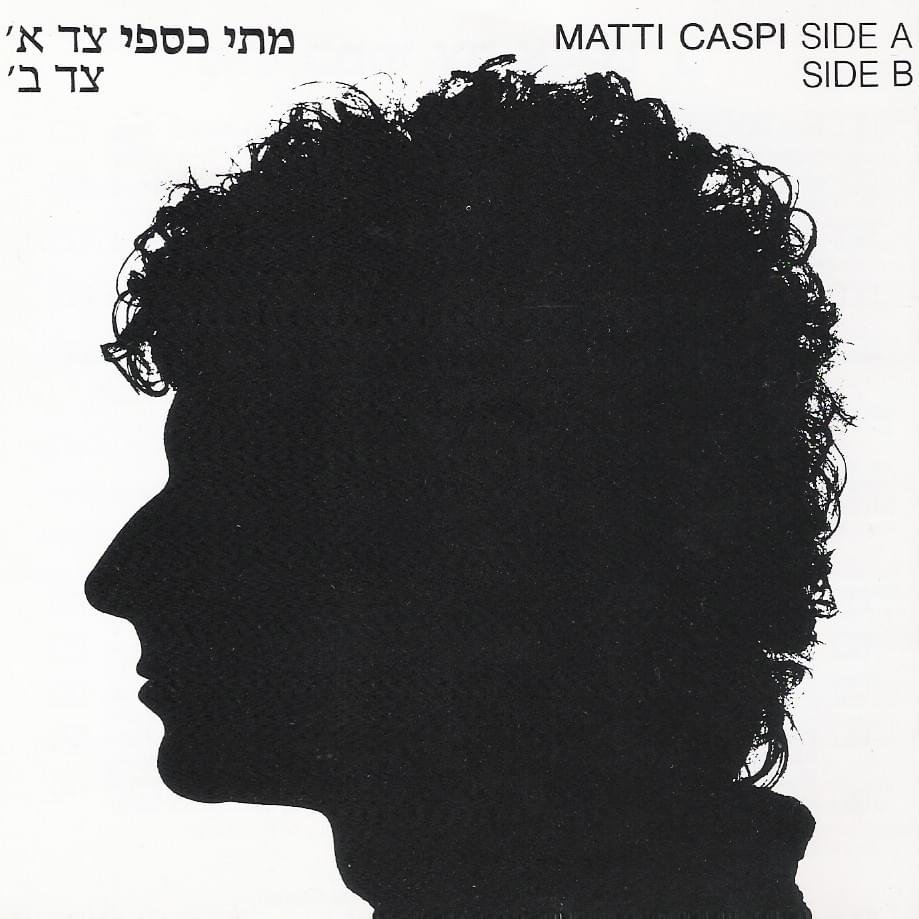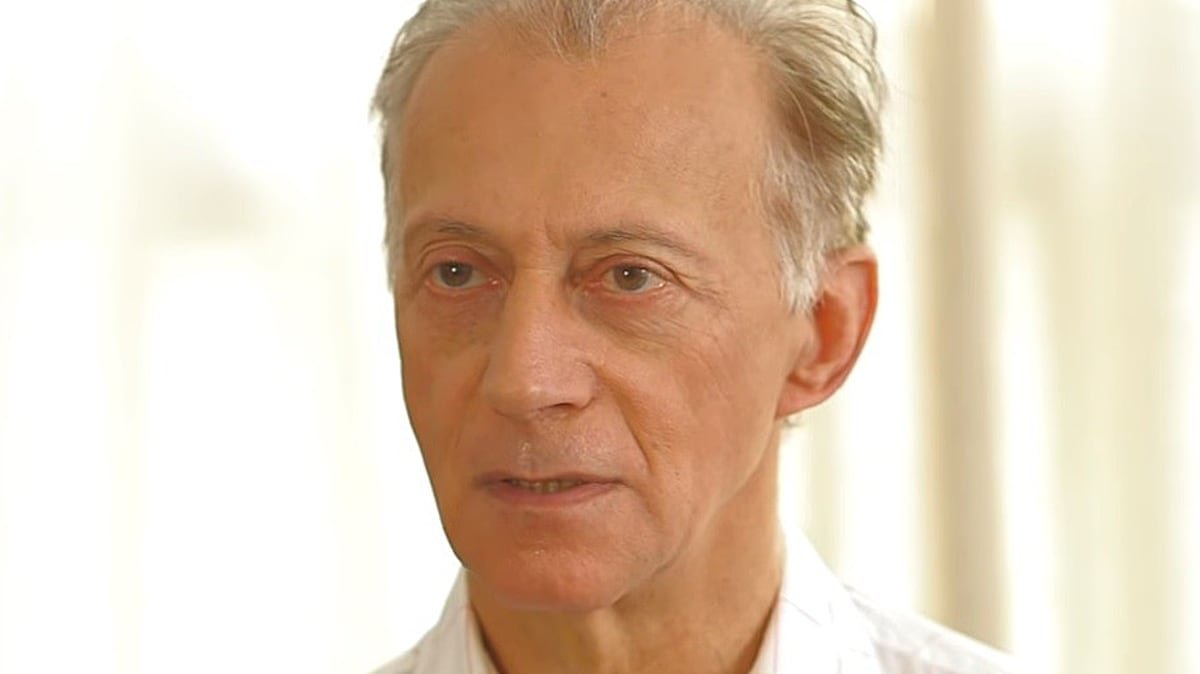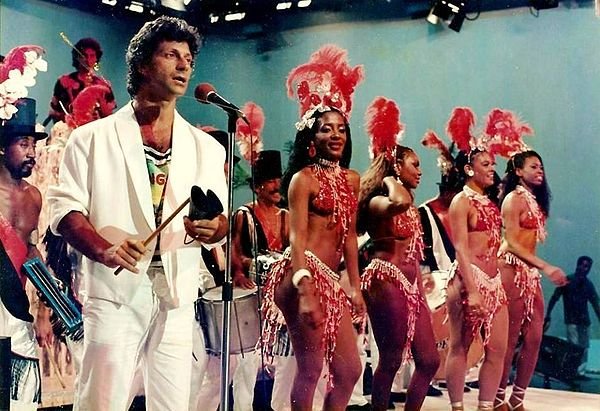Motti Kaspi: A Multifaceted Israeli Musician
Motti Kaspi, born on November 30, 1949, is a versatile Israeli musician, known for his roles as a composer, arranger, singer, producer, and musical director. He is also an accomplished multi-instrumentalist and performer. Kaspi is the recipient of the prestigious ACUM Award for his contributions to the music industry.
Kaspi is widely regarded as one of the most significant figures in Israeli cultural history. According to ACUM, his extensive body of work comprises over a thousand songs, including compositions for other artists as well as those he performed himself.
His musical creations are known for their complexity, particularly in their unique harmonic progressions. Nonetheless, his songs are crafted in the popular Hebrew singer-songwriter tradition, and many of them have become enduring hits, leaving a lasting imprint over the years. Kaspi plays a variety of instruments, including piano, guitar, and drums.
Early Life and Beginnings
Motti Kaspi was born and raised in Kibbutz Hanita. During his childhood, he contracted polio but showed an early interest in music, starting to play the flute and mandolin at the age of five. By the age of eight, he began attending performances by Samuel Gogol, who played the accordion in these shows. Gogol offered Kaspi his accordion on the condition that he would learn to play the piano.
This marked the beginning of Kaspi's piano studies at the conservatory in Nahariya. He pursued his musical education with the support of Kibbutz Hanita, which even acquired a piano for him, an uncommon gesture at the time. When Kaspi was fifteen, his teacher assigned him the task of arranging music, a pivotal moment in his musical journey, as it allowed him to transition from theory to practice.
Kaspi made his first appearance on the "Tashuot Rishonot" program and recorded his debut song, "Litzan Kippurim," as part of a recording called "Hidad LeTza'irim," featuring songs by young talents. The recording was released during Kaspi's military service, and it included two more songs performed by him: "HaMe'ushar BaAdam" and "Chofi Zahav."
In 1968, Kaspi enlisted in the Israel Defense Forces (IDF) and joined the Southern Command Band. The band's first program in which he participated was "Zemer BeDarom," which aired that same year. Kaspi composed two songs for the program, "Sheshah Chodashim Hosa" and "VeHayah BaYom HaHu," and also sang a duet with Bahira Shalom in the song "Alumim."
The next program they participated in was called "Maoz A' Aleph," which featured hits like "Eilat," "Besairat Shakad," and the song "Ani Mat" (lyrics by Yoram Teharlev), which became one of the program's most successful songs.
Kaspi, along with Gadi Oron and Yaakov Noi, performed the song, and the trio was also known as "The Three Fatties" in reference to their characters in the song's music video.They also performed comedy sketches within the program and sang the song "Shalosh Regelaim," which Kaspi had composed for lyrics by Teharlev.
After his release from the IDF, Kaspi continued to collaborate with Oron and Noi, and together they formed the trio "Lo Achfot Lahem" (They Don't Care). In 1971, they released their only album, "Lo Achfot Lahem," under the Phonodisc label. The album included well-known songs like "Ye'ush Paga'sh Ye'ush," "Sh'tei Tziporim" (Meir Agasi/Kaspi), and "Lama Lo Kol Yom Shabbat" (Yossi Bakar/Kaspi). Kaspi composed most of the album's songs and also provided the vocal arrangements.
After leaving the trio, Kaspi began recording several songs for radio broadcasts, although they never coalesced into a full album.
In 1971, Kaspi collaborated for the first time with musician Shlomo Gronich. Their initial collaboration was on the musical "Ir HaGvarim" (The City of Men), for which Kaspi composed and arranged the songs, while Gronich played the piano.
In 1972, they released a two-song radio recording titled "Tziyur" (Painting) and "Ben-Gurion." Later that year, they staged a joint performance titled "Me'achorei HaTzlilim" (Behind the Sounds).
Apart from "Tziyur" and "Ben-Gurion," the performance included hits like "Acharei SheNis'ata" ("Va'Otach") (Gronich/Kaspi), in which Kaspi also participated in the Jerusalem Song and Chorus Festival of the same year, and "KsheElohim Amar BaPa'am HaRishonah" (Natan Zach/Kaspi), which Kaspi composed for an evening of poetical songs in the IDF. Kaspi and Gronich co-composed some of the performance's songs, including "Avi" and "Elohim Marachem Al Yeledai HaGan" (Yehuda Amichai).
In 1973, the album "Me'achorei HaTzlilim" was released, documenting their joint performance.
During the period between his discharge from the IDF and the start of his solo career, Kaspi frequently collaborated with other artists, either composing songs for them or providing musical production.
In 1969, he contributed two songs to the IDF's musical accompaniment team's program "Chofsha Dimyunit" (Imaginary Vacation), and two more songs that he composed were included in the team's recording under that title.
In 1970, he composed "Dismunah" (Lyrics: Gad Kinor) for Didi Ben Ami, which became his biggest hit. He also composed the song "Eliezer Ben-Yehuda" (Yaron London/Kaspi) for Hava Alberstein's album "Mishirei Eretz Ahavti" (Songs of the Land I Loved), released the same year. Another song on the album, "Lishon Levad" (Words: Dafna Eilat), was also composed by Kaspi.
Motti Kaspi's diverse musical contributions and collaborations have made him a prominent and enduring figure in Israeli music history, leaving an indelible mark on the nation's cultural landscape.
- מתי כספיhe.wikipedia.org
